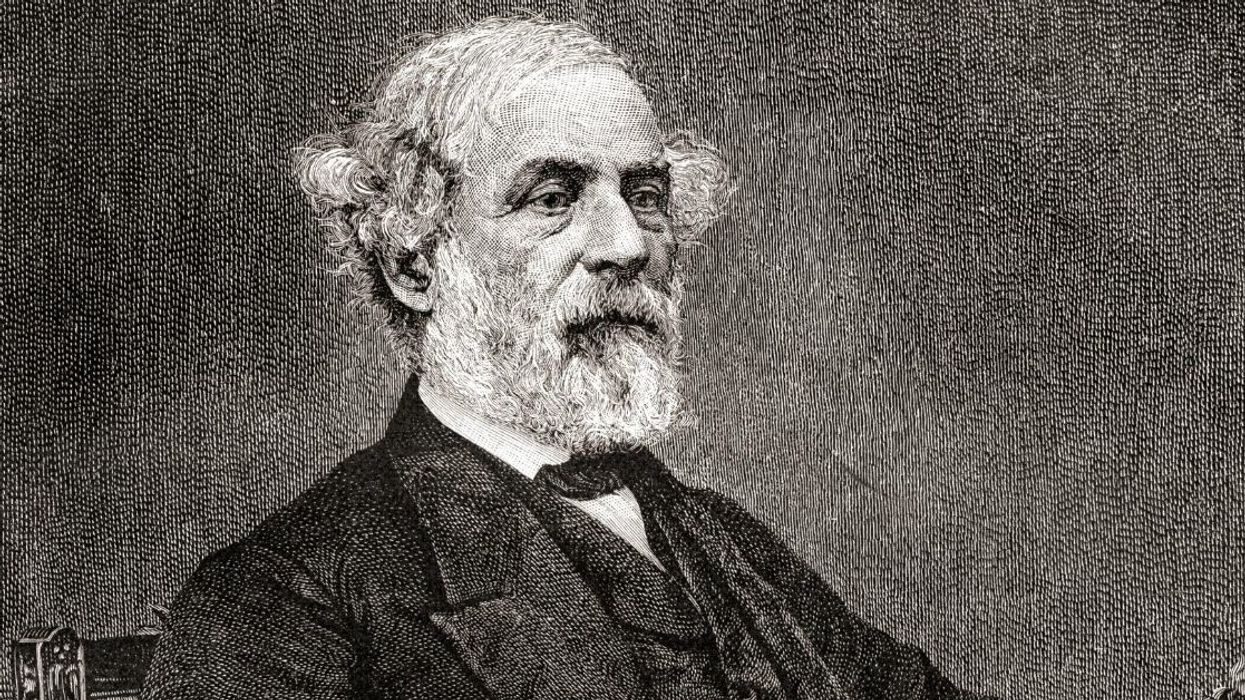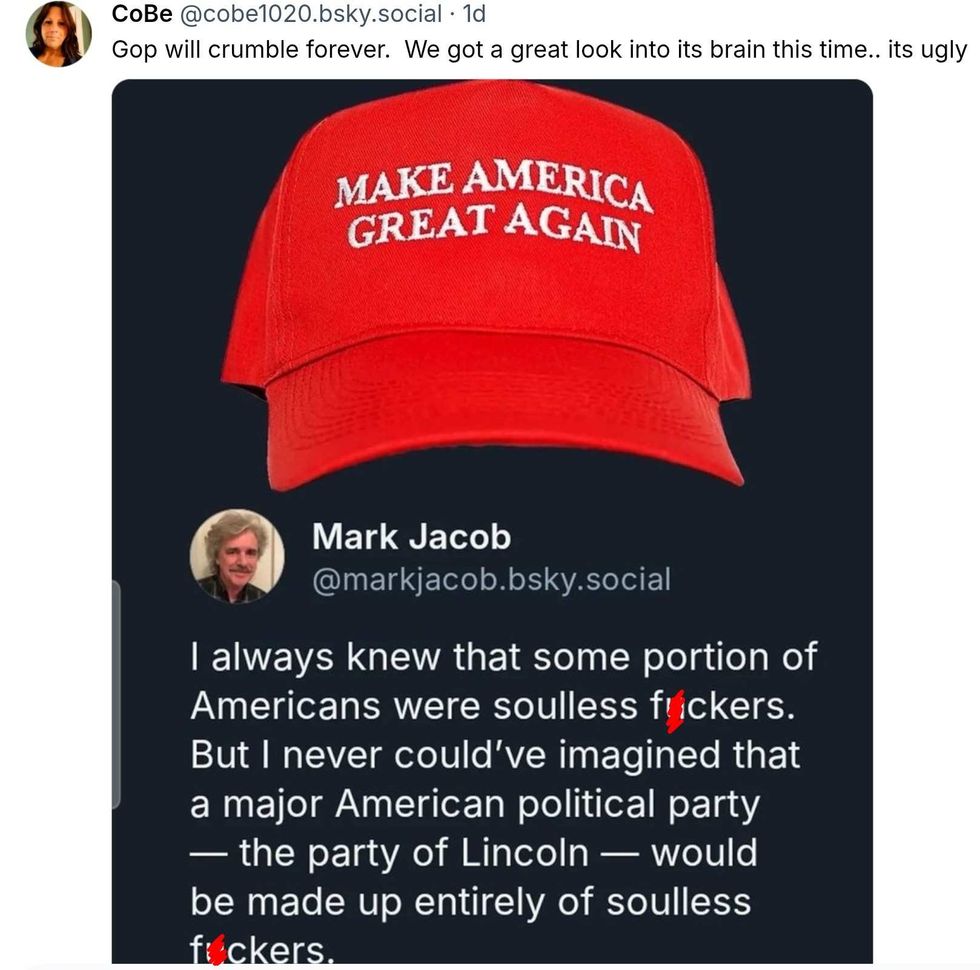After years and years of debate, the tide seems to finally be turning when it comes to the issue of statues and monuments honoring Confederate figures.
But this hasn't stopped the voices loudly insisting the monuments have historical value or that figures like Confederate Army Commander Robert E. Lee deserve to be honored.
Recently, a viral tweet resurfaced a scathing 1928 essay on Lee by iconic Black sociologist, writer and academic W.E.B. DuBois on Robert E. Lee.
DuBois' essay definitively puts the spotlight to any lies justifying honoring Lee or the Confederacy—an insurrection driven by flat-out racism and White supremacy.
The essay, which appeared in a 1928 issue of the NAACP's The Crisis magazine, is unsparing in its indictment of Lee.
“Either he knew what slavery meant when he helped maim and murder thousands in its defense, or he did not. If he did not he was a fool. If he did, he was a traitor and a rebel ― not indeed to his country, but to humanity and humanity's God."
"...he did not have the moral courage to stand against his family and his clan. Lee hesitated and hung his head in shame, because he was asked to lead armies against human progress and Christian decency and did not dare refuse."
DuBois had choice words for anyone trafficking in the notion that the Civil War and Confederacy were about anything besides preserving slavery, too.
"The South cared only for State Rights as a weapon to defend slavery. If nationalism had been a stronger defense of the slave system than particularism, the South would have been as nationalistic in 1861 as it had been in 1812."
On Twitter, many people were blown away by the moral clarity of DuBois's words.
More recently, one of Robert E. Lee's descendants echoed the spirit of DuBois' takedown of Lee while speaking at a House of Representatives subcommittee hearing on Tuesday.
Reverend Robert Wright Lee, a nephew of Robert E. Lee, said:
"[F]or us to continue to celebrate a man who questioned the education, disparaged the right to vote of black life, and had previously fought for the continued enslavement of Africans on the North American continent is an affront to those now who are suffering under current weights of oppression."
The hearing was in reference to a monument to Lee at the Antietam National Battlefield in Maryland.
At over 700 monuments, there are more statues glorifying the Confederacy than the United States (Union) side in the Civil War. The majority of those monuments were cheaply made and hastily erected by the White supremacist ladies organization, the Daughters of the Confederacy, as a response to gestures of equality extended to Blacks in the south.
The majority of the monuments were erected decades after the end of the Civil War, peaking between 1890 and 1920, but continuing until the 1960s.














 @ch402/X
@ch402/X @KatieMiller/X
@KatieMiller/X @HuffPost/Instagram
@HuffPost/Instagram @HuffPost/Instagram
@HuffPost/Instagram


 Christina Lorey/Facebook
Christina Lorey/Facebook Christina Lorey/Facebook
Christina Lorey/Facebook @eicathomefinn/Bluesky
@eicathomefinn/Bluesky Christina Lorey/Facebook
Christina Lorey/Facebook Christina Lorey/Facebook
Christina Lorey/Facebook Christina Lorey/Facebook
Christina Lorey/Facebook Christina Lorey/Facebook
Christina Lorey/Facebook Christina Lorey/Facebook
Christina Lorey/Facebook Christina Lorey/Facebook
Christina Lorey/Facebook Christina Lorey/Facebook
Christina Lorey/Facebook Christina Lorey/Facebook
Christina Lorey/Facebook